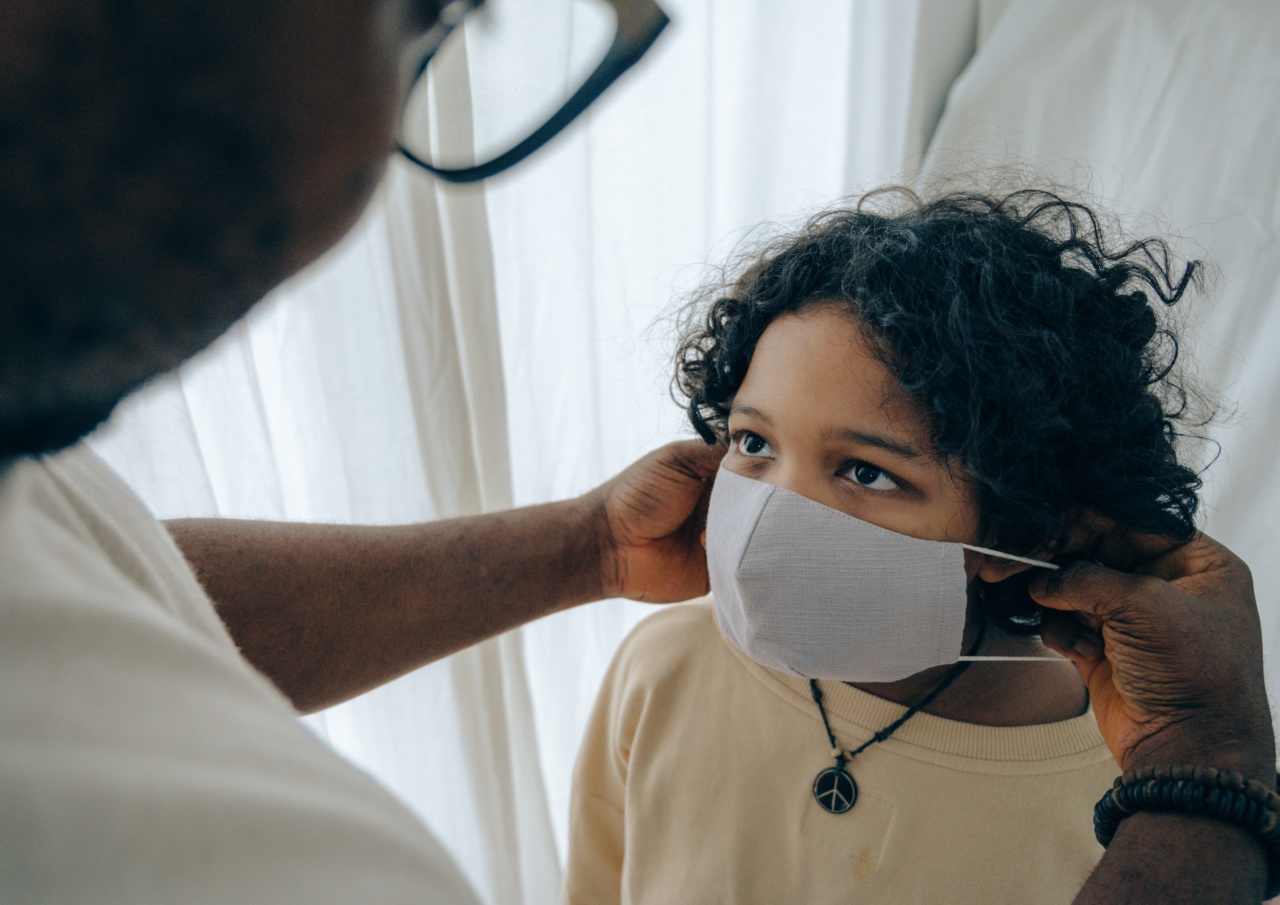Melatonin is a hormone that regulates the sleep-wake cycle and is naturally produced by the body. However, sometimes people experience sleep issues due to various reasons, including jet lag, shift work, insomnia, or other sleep-related disorders.
Melatonin supplements are commonly used as sleep aids to help people sleep better and fix their natural sleep cycle.
Although melatonin supplements are legal and sold over-the-counter, they can still pose potential dangers, especially in children.
In this article, we will discuss what melatonin poisoning is, its dangers, and the precautions parents must take while giving it to their children.
What is Melatonin Poisoning?
Melatonin poisoning occurs when someone takes more melatonin than their body can handle. Overdosing on melatonin supplements can cause unwanted side effects and symptoms that can be dangerous, especially for children under the age of 18.
Symptoms of melatonin overdose can include:.
- Nausea
- Dizziness
- Headaches
- Mood changes and irritability
- Stomach cramps
- The urge to vomit
- Nightmares
- Reduced body temperature
- Excessive sweating
- Heart palpitations
While some of these symptoms may not be life-threatening in most cases, excessive doses can lead to more severe health complications.
It is crucial to take extra precautions with the dosage and speak with a healthcare professional before administering it to children.
What is the Correct Dosage?
The dosage of melatonin required to treat sleep issues can vary based on age, weight, and other factors. Melatonin supplements are available in a range of doses, from 0.5 milligrams to 10 milligrams.
The suitable dosage for a child depends on their age, weight, and level of the child’s particular sleep disorder.
According to the American Academy of Sleep Medicine (AASM), pediatricians should prescribe around 0.05 milligrams of melatonin per kilogram of a child’s body weight.
According to this guideline, a child weighing 50 pounds or more can take a 3mg pill safely. However, using this method, children weighing less than 50 pounds should not take a melatonin supplement unless prescribed by a doctor.
When Should You Be Extra Cautious?
Although melatonin is generally considered safe when used as directed, children and specific groups of people should be extra cautious while taking melatonin supplements. These groups at risk include:.
- Children with diabetes, epilepsy, migraines, or inflammatory disorders
- Children who might be pregnant or breastfeeding
- Children who have an autoimmune disorder
- Children with a history of depression or anxiety
If your child falls into any of the categories mentioned above, speak with your child’s healthcare provider before giving them melatonin supplements.
What Are the Precautions You Can Take?
While melatonin supplements can be beneficial in treating sleep issues, there are several things parents should keep in mind before administering them to their children. These include:.
- Speak with a healthcare professional if your child has a chronic health issue or is taking other medication
- Choose the correct dose based on your child’s age and weight
- Understand the side effects and symptoms of an overdose
- Follow all instructions on the label and the advice from your child’s healthcare provider
- Administer the melatonin supplement thirty to sixty minutes before bedtime
- Ensure there is limited exposure to bright light (i.e., turning off electronic devices), as they can affect the body’s natural production of melatonin
Parents should always keep the medication out of their children’s reach. The supplements should be stored correctly and away from children’s reach, as they can be toxic if taken in excessive amounts.
Conclusion
While melatonin supplements are a popular remedy for sleep issues, they can be dangerous if the dosage is not correctly monitored. Children and specific groups of individuals should be extra cautious while taking melatonin supplements.
As a parent, take all necessary safety precautions and speak with your child’s healthcare provider before giving them melatonin supplements.





























